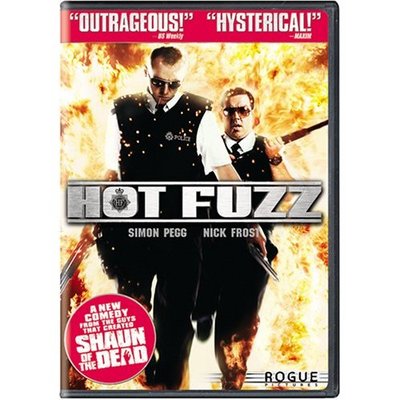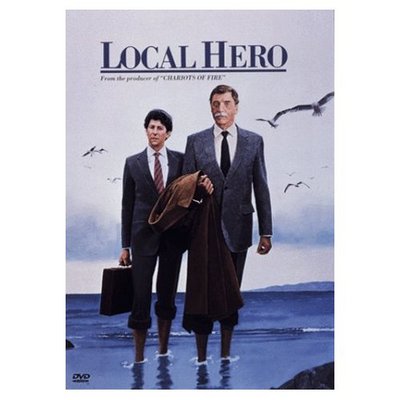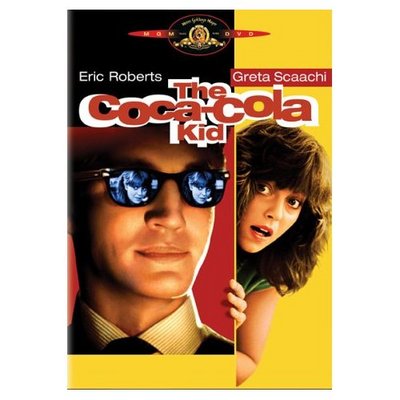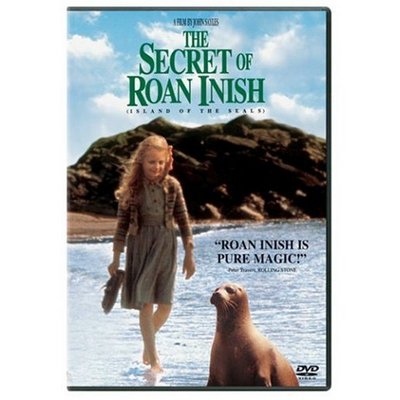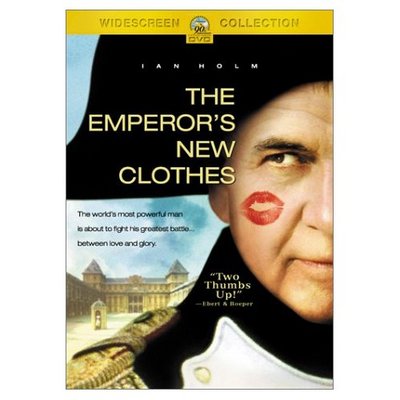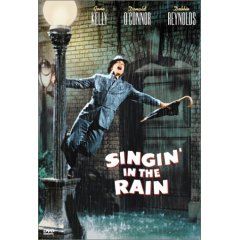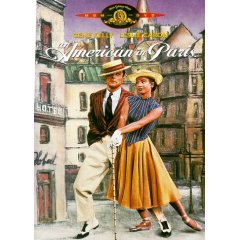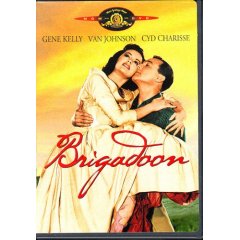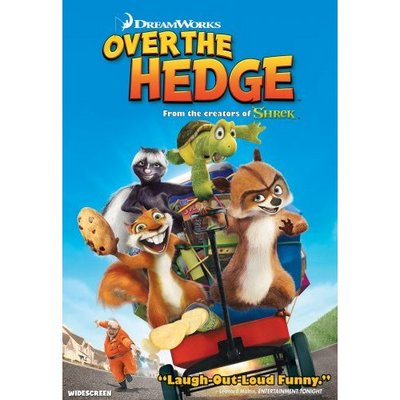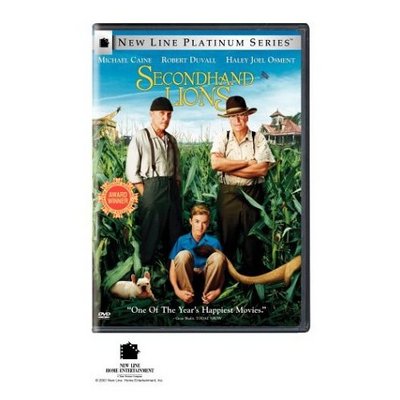No, I haven’t set a timetable for withdrawal from Iraq, but the Fundamentals in Film class finally completed the Band of Brothers mini-series last week.
There were 10 episodes, plus the documentary “We Stand Alone Together”, in the mostly true-to-life story of E company, paratroopers of the 101st Airborne in World War II. With our bi-weekly schedule it took awhile to get through them all, even with watching two episodes each time. The boys were very excited to begin the series and were generally pretty riveted throughout with lots of questions and commentary. I don’t know yet what impressions it made on them (and I’m fully resigned that I may never know) but I know it will stick with me for a long time.
I debated with myself for some time before introducing the series to the class, and spoke with the fathers a couple of times about it. The language in the series is frequently extreme, and the violence is often sudden and explicit. On the other hand, it was a chance to feature some history lessons, introduce a more realistic and human sense of the “up close and personal” nature of war to a video game generation raised on “Halo” and “Doom”, and to impart some lessons in leadership and grace under pressure.
I dealt with the language issue right up front with the guys, explaining how it became a form of bonding for the soldiers who were undergoing severe hardships together, but even at that the men were aware that it wasn’t appropriate in general society and were careful of their language around women – a distinction commonly disregarded these days. I also reminded the young men that “out of the fullness of the heart, the mouth speaks” – whatever comes out of their mouths communicates a lot more than just the words themselves. Finally, I directed them to pay attention to Dick Winters, the main character in the ensemble cast, and the way he controlled his words (even when wounded) and swore only for effect in getting his men moving again when they froze while out in the open and under fire.
Winters was also an example of leadership – a quiet man of faith, committed to the well-being of his men but also able to order them into harm’s way when needed, but with the tactical skills to keep the men alive as well. While not flashy or self-promoting, he quickly gained the universal respect and admiration of his men and his superior officers and his example was a model for men like Sgt. Carwood Lipton and in stark contrast to the “leadership” of Easy Company’s first CO, Captain Sobel, and to the company’s CO during the siege of Bastogne, Lt. Dike. Lipton’s leadership during the Battle of the Bulge — his focus on the men and the mission — gave the class a lot to talk about after we watched the Bastogne episode (a particularly gory and challenging episode that saw a lot of the men we’d come to know get killed or seriously wounded). That particular chapter also showed how it was possible for a group of men to do more than they thought was possible while under the harshest conditions.
It was also interesting for the class to see just how screwed up so many of the military operations became, from the errors on D-Day that led to so many of the paratroopers being dropped in the wrong place, without much of their equipment and groggy from the air-sickness pills they were ordered to take (for the first time), to the Allied High Command being caught by surprise at the Bulge and the 101st being sent in to Bastogne, again without proper equipment, winter clothing or even enough weapons and ammunition. Despite the almost catastrophic errors and miscalculations, the men on the ground succeeded thanks to their training, their character and the bond between them that allowed them to function as a highly-effective team. The mini-series often made me wonder how today’s media would have focused on the blundering (without acknowledging how massive and complicated the D-Day invasion was or the logistics of maneuvering several hundred thousand men in a short period of time in Belgium) and overlooked the successes.
Today the Battle of the Bulge would be the German equivalent of the Tet Offensive, and though the Viet Cong and the Germans both ultimately lost these battles decisively, the end result was dramatically different. Back then General McAuliffe was celebrated for his bold response of “Nuts!” when the Germans sent their surrender demands to his besieged forces; today he’d be criticized as a blood-thirsty maniac unconcerned about the soldiers he was keeping in harm’s way in the Belgian quagmire.
That’s not to say that Band of Brothers glorified the war. The series did an excellent job of portraying the hardships and sacrifices — and sometimes all-too-human failings and frustrations — of the men of Easy Company and the 101st Airborne. Especially in the later episodes when it was clear that the war was winding down and that the surviving members might just live through it after all, the loss of their friends and the apparent futility of the war weighed heavily on the men and, to some extent, on our film class. While there was little action in the episode where Easy discovers the Landsberg concentration camp (“Why We Fight”), it was one of the most powerful and affecting in the series. Combined with the last episode (“Points”) where Easy takes and occupies Berchtesgaden, these concluding segments did a good job of showing the costs, personally and nationally, of war for even the winners.
After we finished episode 10 and then watched the documentary “We Stand Alone Together” featuring interviews with the real Easy Company survivors (a very moving experience after having come to “know” their actor counterparts over the past few months), it indeed felt to me as if a long war was over. I was left with a deeper appreciation and admiration for what the men had sacrificed and achieved and knew that I would have a hard time measuring up under the same circumstances. I don’t know what the young men of the class got out of it, or even if I or they will be able to measure its affects over the next few weeks, months and years, but I don’t think any of us will be the same.
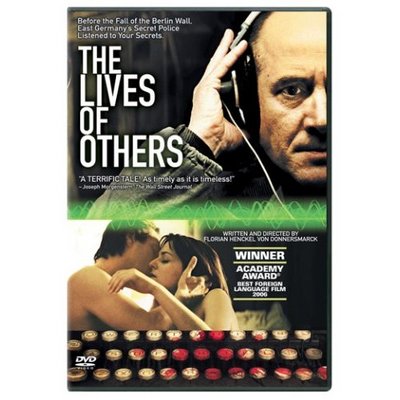 It’s East Germany, 1984. Stasi intelligence officer Capt. Gerd Weisler is assigned secret surveillance of acclaimed playwright Georg Dreyman and his girlfriend Christa-Maria Seiland. Weisler does so, the sole satisfaction in his life is exposing enemies of the state, squelching their treason, their careless talk, their poor jokes at the Chancellor’s expense. It’s a land where questions are as serious as a heart attack. “Name?” can be a prelude to a disappearance. Of course, they already know your name.
It’s East Germany, 1984. Stasi intelligence officer Capt. Gerd Weisler is assigned secret surveillance of acclaimed playwright Georg Dreyman and his girlfriend Christa-Maria Seiland. Weisler does so, the sole satisfaction in his life is exposing enemies of the state, squelching their treason, their careless talk, their poor jokes at the Chancellor’s expense. It’s a land where questions are as serious as a heart attack. “Name?” can be a prelude to a disappearance. Of course, they already know your name. 











